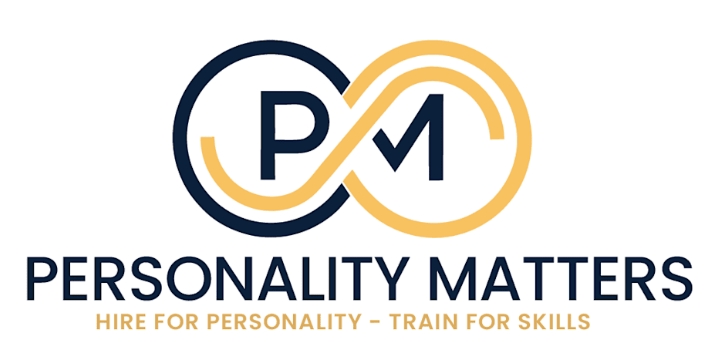Personality hiring
which involves assessing candidates based on personality traits, behavioural tendencies, and cultural fit—can play a strategic role in nationalization reforms hiring (i.e. hiring initiatives that aim to increase the employment of a country’s citizens in the workforce, often seen in Gulf Cooperation Council countries like UAE, Saudi Arabia, Qatar, etc.).
Here are some key advantages of using personality hiring in nationalization reforms:
Improves Long-Term Retention:
- Hiring based on personality fit ensures that nationals placed in roles are more aligned with the company culture and job expectations.
- This reduces early turnover and builds a more stable, committed local workforce.
Boosts Employee Engagement:
- When individuals’ personalities align with their roles (e.g., extroverts in customer service, conscientious types in compliance), they’re naturally more engaged.
- Higher engagement leads to better performance and job satisfaction.
Enhances Cultural Fit and Alignment:
- Personality assessments help ensure that national hires integrate well with the existing corporate culture, which may have been shaped by diverse workforces.
- This also helps prevent friction in multicultural environments.
Supports Diversity Within Nationalization:
- Not all citizens are alike—personality hiring allows employers to build diverse local teams, not just in background, but in temperament, leadership style, and communication approach
- This supports innovation and broadens perspectives within national talent pools
Facilitates Better Workforce Planning:
- By mapping personalities to roles, governments and organizations can design more effective training programs and career paths for nationals.
- It allows tailored development that suits individuals’ strengths and areas of growth.
Promotes Fairer Selection Processes:
- When used correctly, personality hiring reduces unconscious bias.
- It provides objective, data-driven insights into a candidate’s potential beyond just academic background or experience.
Accelerates Localization Goals:
- By aligning local talent with roles where they’re most likely to succeed, organizations can meet nationalisation quotas or KPIs more efficiently and with better outcomes.














